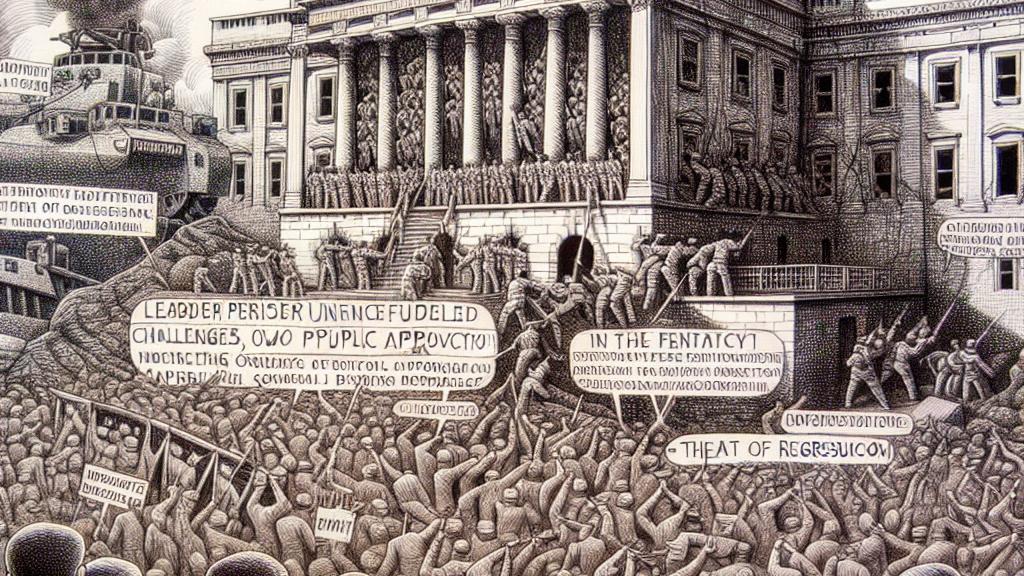What Are the Consequences of South Korea's Political Turmoil? Discover the Latest Travel Bans!
Overview
- President Yoon Suk Yeol's shocking declaration of martial law has ignited widespread public outrage.
- The imposition of travel bans on key officials underscores the severity of the political crisis.
- As protests swell, opposition parties are poised to push for an impeachment motion against Yoon.

The Martial Law Experiment
In a dramatic escalation of political tensions, President Yoon Suk Yeol of South Korea unexpectedly declared martial law, creating a maelstrom of dissent across the nation. Picture it: Yoon, feeling cornered by political isolation and grappling with plummeting approval ratings, decided to flip the script in the most extreme way imaginable. What followed was a chaotic six-hour period where military forces stormed Parliament to secure control, only to be met with fierce backlash from determined lawmakers who refused to cower. This swift legislative rejection became a historic moment, highlighting the resilience of South Korea's democracy. As citizens watched in disbelief, they were reminded that the country has fought hard to establish a political system defined by freedom and representation; the threat of returning to oppressive governance awakened a collective outrage in the hearts of many.
Immediate Fallout and Travel Restrictions
In the wake of this upheaval, the South Korean government sprang into action, imposing travel bans on several high-ranking officials entangled in the martial law debacle. On December 10, reports surfaced detailing how police authority figures and military commanders, who once commanded respect, were now grounded until further notice, inclusive of some ex-defense ministers. The gravity of these bans speaks volumes—these officials face serious allegations that could reshape their careers and the future political landscape. Meanwhile, the streets of major cities erupted in protest as waves of citizens gathered, brandishing signs and chanting for justice. In scenes reminiscent of South Korea’s past struggles for democracy, thousands took to the streets, their collective voice echoing the sentiments of a nation unwilling to compromise on its values. The palpable tension in the air serves as a stark reminder of the delicate balance between power and the people's rights.
The Path Ahead and Political Ramifications
As the dust settles, the prospect of impeachment looms ominously over President Yoon, with opposition parties asserting their readiness to launch another motion against him. This is not just political maneuvering; it reflects a robust commitment among South Koreans to demand accountability from their leaders. Citizens have rallied together, transforming candlelight vigils and protests into powerful demonstrations of solidarity—each flame representing a desire for justice and a return to democratic principles. The clock is ticking for Yoon, as the opposition scrambles to seize this moment, fueled by a public eager for change. Will this crisis lead South Korea toward a rejuvenation of its democratic values, or will it descend into further conflict? Whatever the outcome, one thing is clear: the actions taken in this pivotal moment will define the nation's political trajectory for years to come.

Loading...